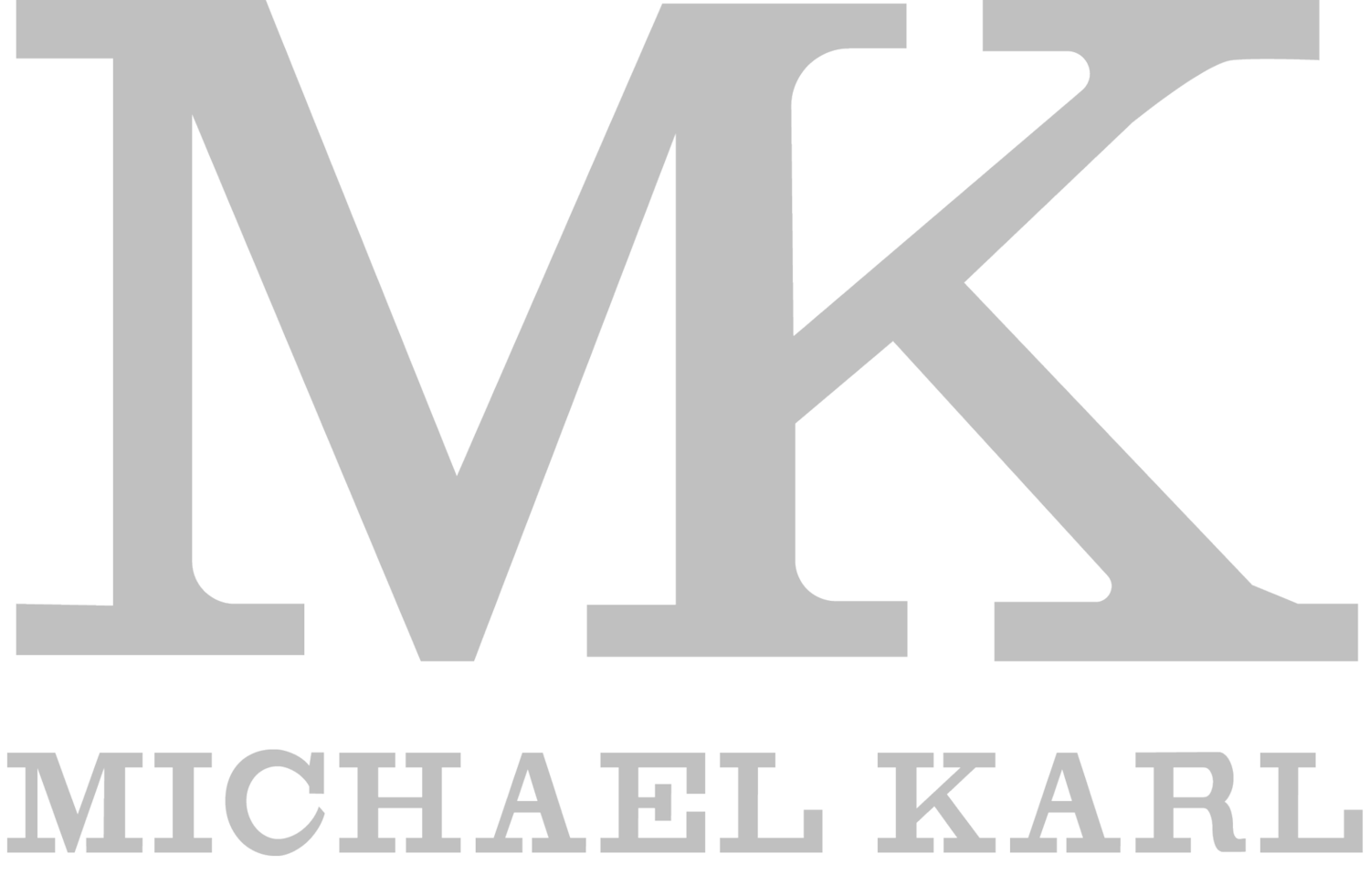Negotiation is an essential skill in personal and professional life, enabling us to navigate conflicts, forge agreements, and reach mutually beneficial outcomes. As a master of influence and persuasion, Michael Karl shares expert strategies for effective conflict resolution and persuasive communication, equipping you with the tools and insights necessary to excel in the art of negotiation.
During his appearances on the hit TV show Penn & Teller: Fool Us, Michael Karl has showcased the value of mastering negotiation skills, effectively persuading others and achieving his desired outcomes. As a speaker and trainer, he shares his comprehensive knowledge, helping individuals develop powerful negotiation abilities that can be applied in various scenarios.
In this blog post, we explore Michael Karl's expert strategies for mastering different aspects of negotiation, from understanding the psychology behind conflict resolution to applying persuasive communication tactics that encourage agreement and collaboration. By practicing and honing these skills, you can become a confident, competent negotiator capable of resolving conflicts and maximizing success in both personal and professional settings.
Join us as we delve into the world of negotiation with Michael Karl, discovering transformative techniques and strategies that will empower you to navigate conflicts, persuade others, and reach mutually beneficial resolutions. Embrace the opportunity to enhance your negotiation skills, unlocking new avenues of personal and professional growth that stem from effective communication and conflict resolution.
Understanding the Psychology of Conflict Resolution: A Key Ingredient to Negotiation Success
A fundamental aspect of negotiation is understanding the psychological mechanisms underlying conflict resolution. Michael Karl offers insights into the human psyche that can help you develop a sound strategy for reaching agreements:
1. Recognize emotional triggers: Be aware of emotions that can escalate conflicts, such as anger, fear, and frustration, and actively work to alleviate their impact.
2. Deploy empathy: Practice putting yourself in the other party's shoes, understanding their needs, motivations, and feelings, which can lead to creative solutions.
3. Find common ground: Identify shared interests and values that can unite all parties involved and create a foundation for collaborative problem-solving.
By incorporating these psychological aspects into your negotiation approach, you can gain a deeper understanding of the dynamics at play and enhance your ability to reach a mutually satisfactory resolution.
Developing Persuasive Communication Skills: Crafting a Compelling Argument
Effective negotiation relies on persuasive communication skills that can sway others and encourage collaboration. Michael Karl suggests several techniques to help you craft compelling arguments during negotiation:
1. Be clear and concise: Present your position and desires with simplicity and clarity, ensuring that your message and intentions are easily understood by your audience.
2. Offer evidence-based reasoning: Support your arguments with relevant facts, figures, or anecdotes to demonstrate their viability and credibility.
3. Use tailored persuasion techniques: Employ the persuasive tactics best suited to your audience, such as ethos, pathos, and logos, to enhance the appeal and influence of your message.
By mastering these persuasive communication skills, you can increase the likelihood of achieving your desired outcomes during negotiations.
Striking the Right Balance: Assertiveness Versus Accommodation
In the realm of negotiation, it's crucial to strike a delicate balance between assertiveness and accommodation, ensuring that your needs are met without alienating the other party. Michael Karl provides guidance on finding that perfect equilibrium:
1. Set clear boundaries: Define the limits for yourself and your goals, and be prepared to stand your ground when those boundaries are challenged.
2. Show willingness to compromise: Express an openness to compromise and adapt to the needs and desires of the other party, fostering an atmosphere of collaboration.
3. Maintain a respectful and courteous demeanor: Maintain respect for the other party's opinions and feelings, even in the face of disagreement, to nurture a positive and productive negotiation environment.
Striking the right balance between assertiveness and accommodation can strengthen your negotiation skills, facilitating positive outcomes for all parties involved.
Techniques for Resolving Stalemates: Overcoming Obstacles in Negotiation
Despite your best efforts, negotiations can occasionally reach a stalemate, placing at risk the possibility of achieving a mutually beneficial agreement. Michael Karl offers several strategies for resolving these roadblocks:
1. Change the negotiation dynamic: Introduce fresh perspectives, alternate solutions, or new information into the conversation, potentially reigniting the negotiation process.
2. Utilize a mediator or third party: If progress remains elusive, consider involving an impartial mediator or third party to facilitate dialogue and bridge the gaps between conflicting parties.
3. Take a break: When tensions rise and emotions overwhelm the negotiation process, stepping away for a brief period of reflection can help reset the situation and enable a more productive approach.
Armed with these strategies for overcoming stalemates, you'll be better equipped to navigate any negotiation and secure a successful resolution, even in the face of challenges.
Unlock the Power of Negotiation with Michael Karl's Expert Strategies
Michael Karl's expert insight into the art of negotiation provides a powerful framework for mastering conflict resolution and persuasive communication, empowering you to excel in personal and professional interactions. By understanding the psychology of conflict resolution, developing persuasive communication skills, striking a balance between assertiveness and accommodation, and utilizing techniques for resolving stalemates, you can harness the power of negotiation to drive positive outcomes and secure mutually beneficial agreements.
Embrace the opportunity to learn from a keynote motivational speaker like Michael Karl who shares his expertise to help you unlock the potential offered by effective negotiation skills. Discover the transformative impact of successful conflict resolution and persuasive communication, opening new doors for personal and professional growth. Experience the satisfaction of resolution mastery and the countless benefits it brings to all aspects of life.

